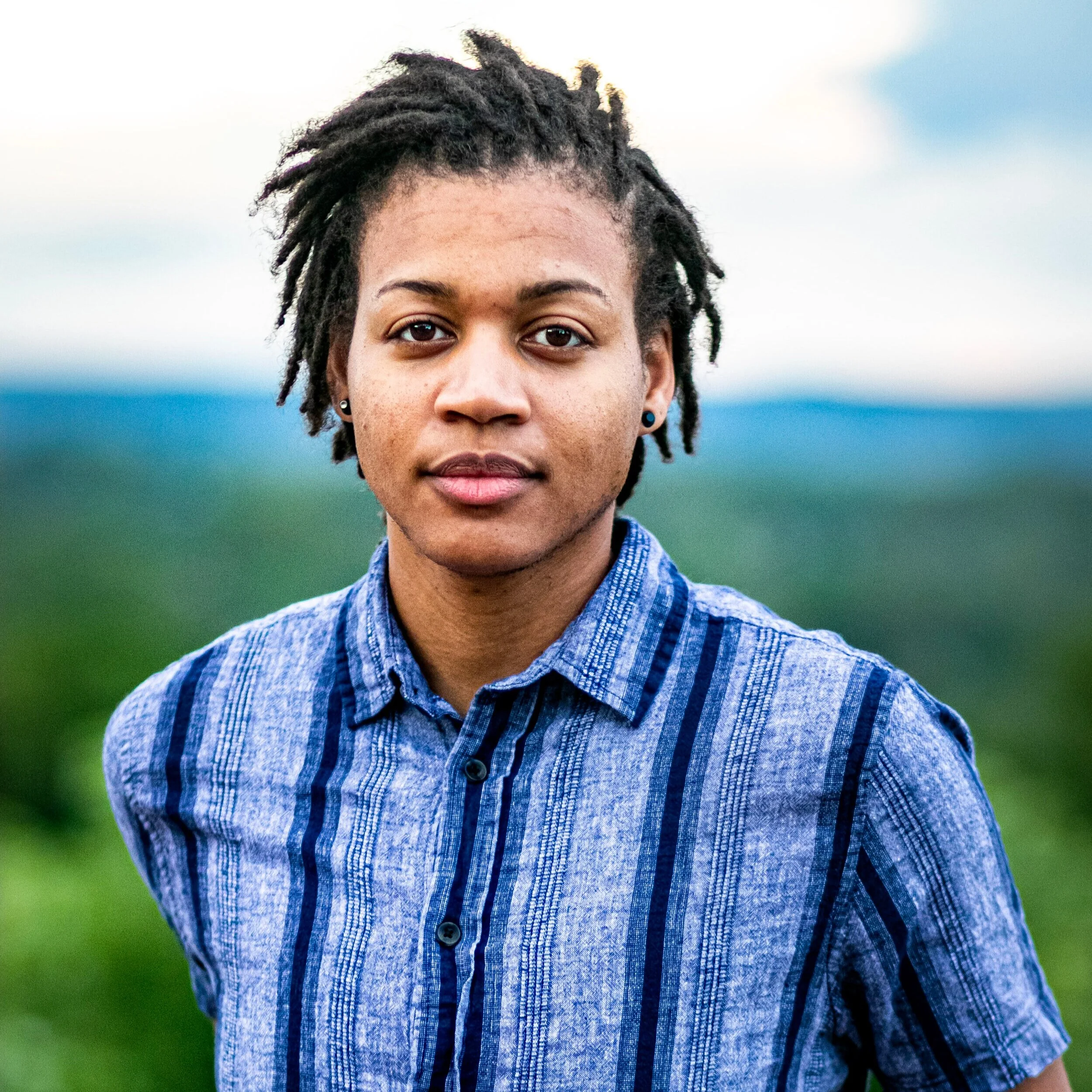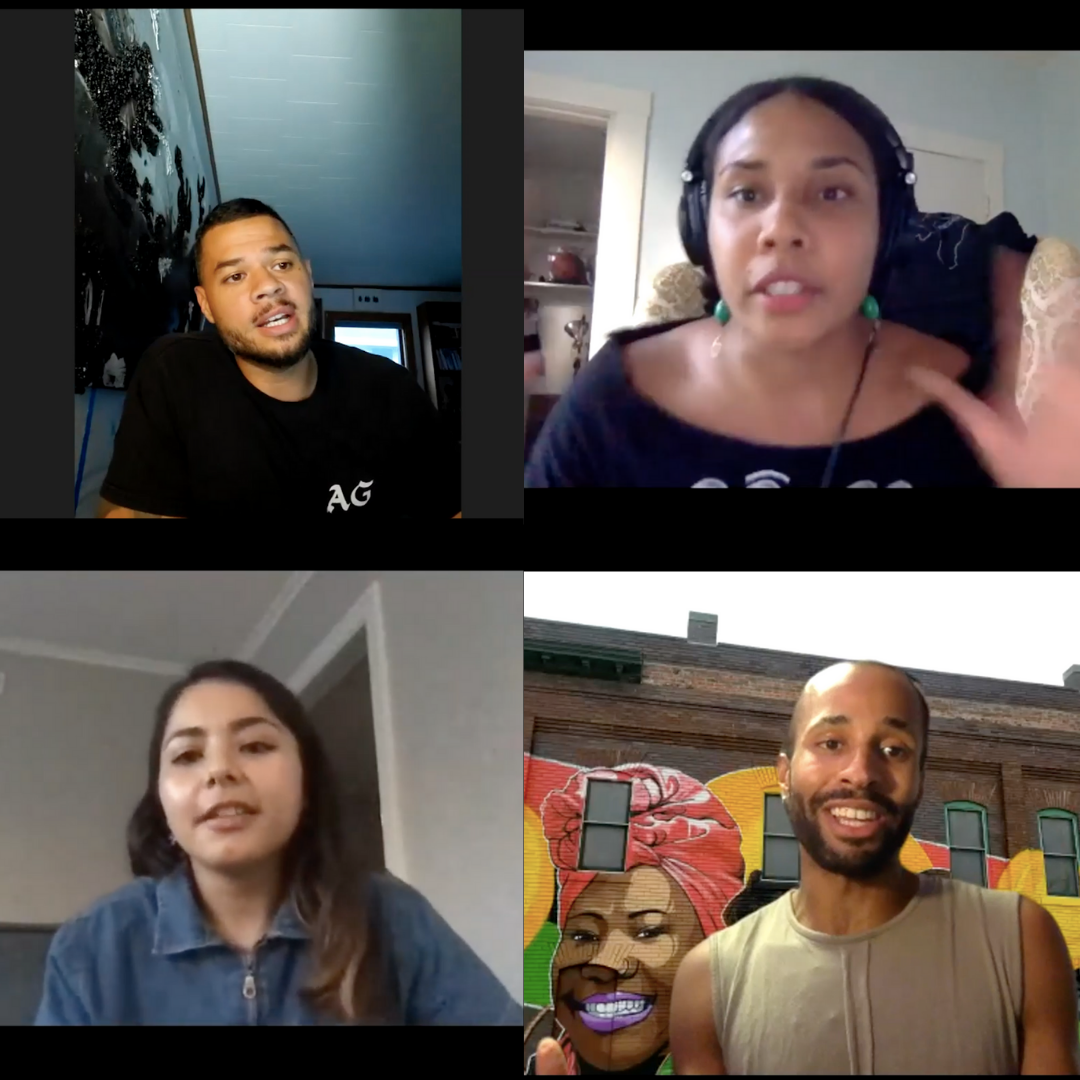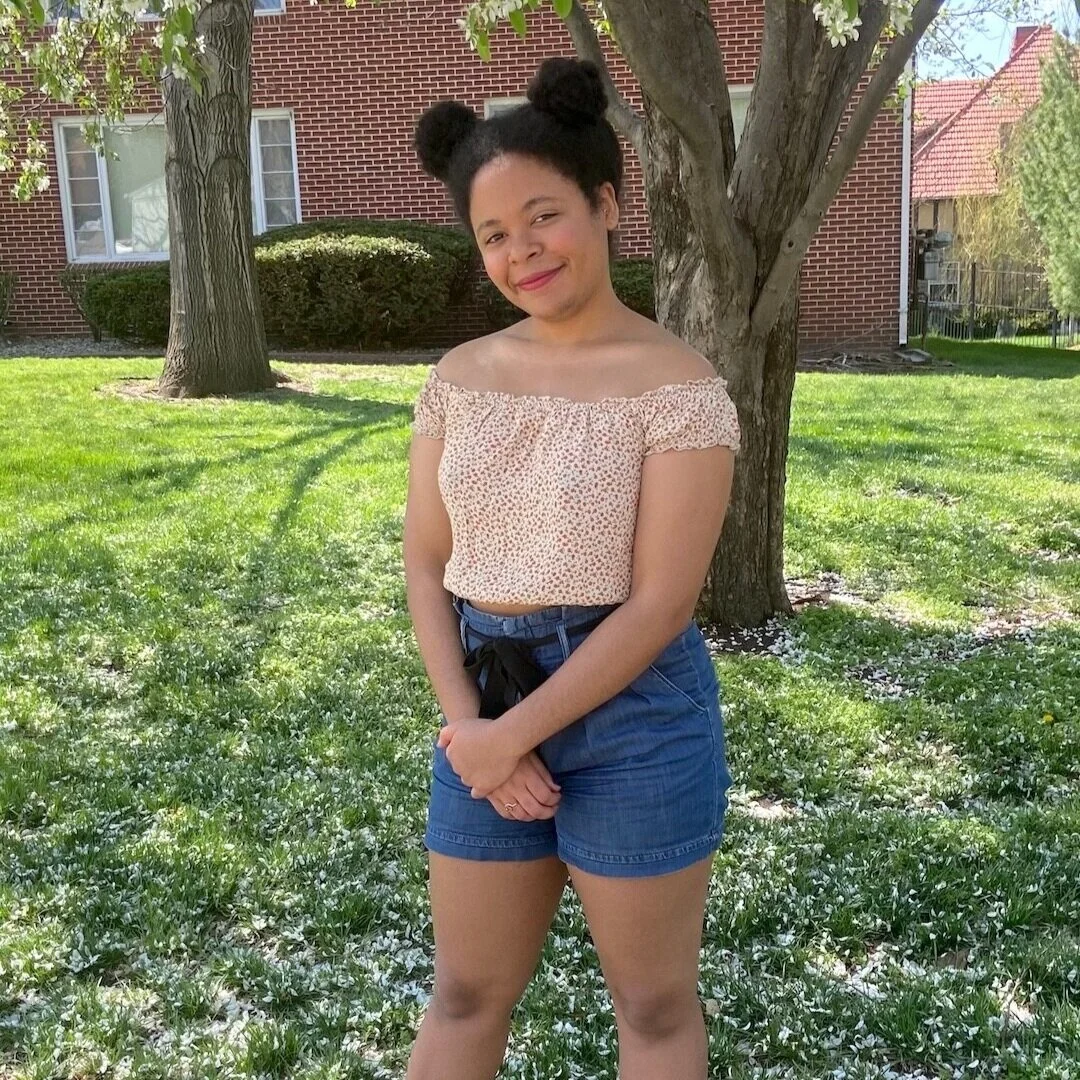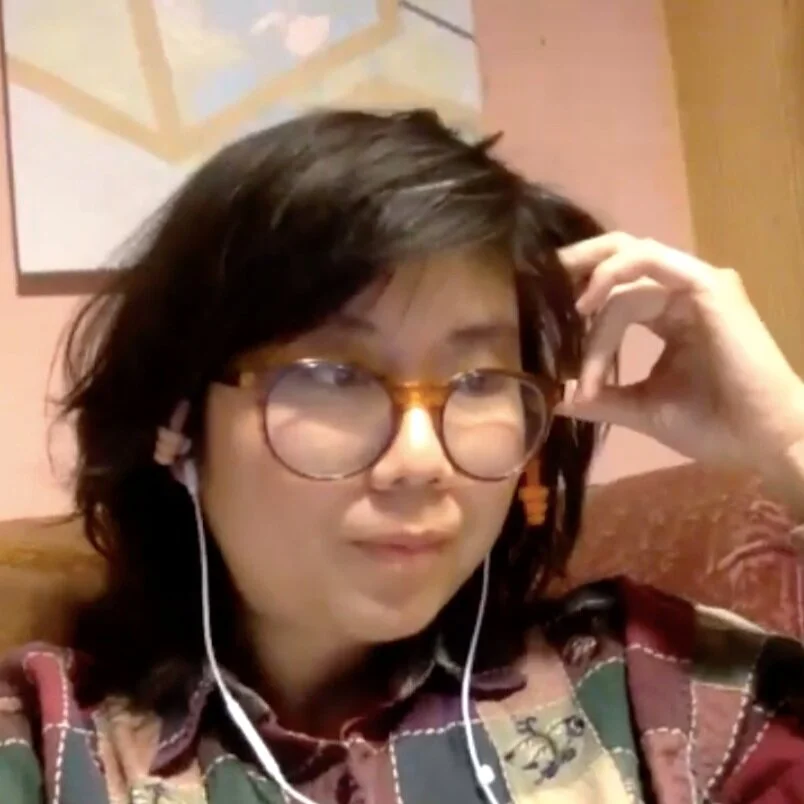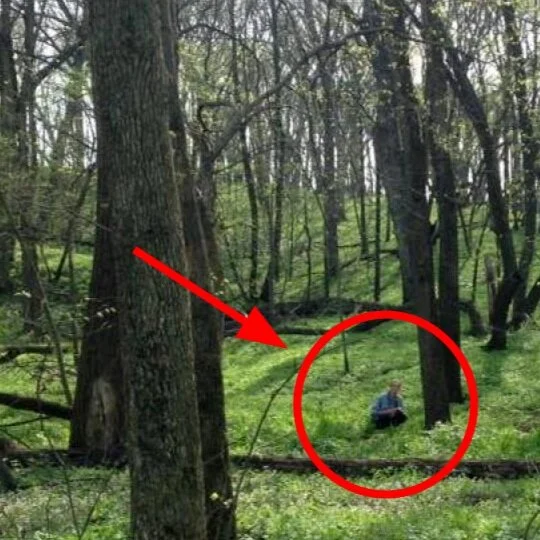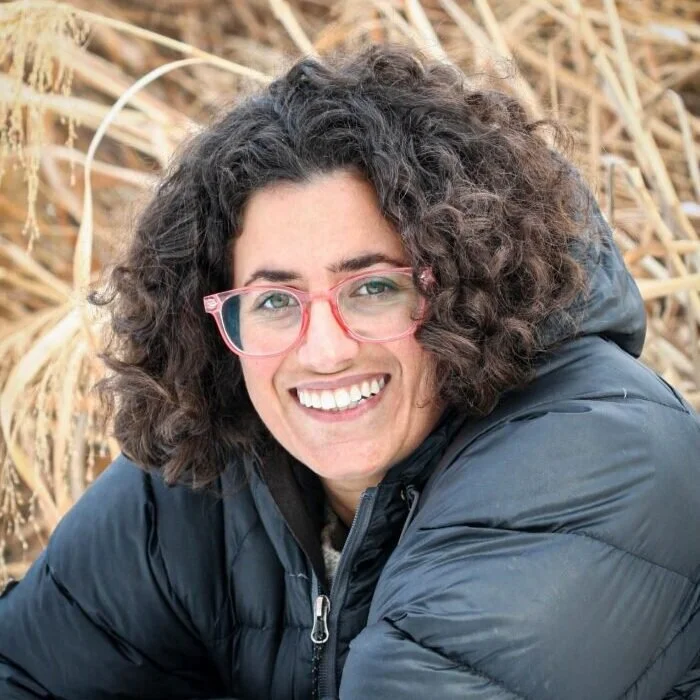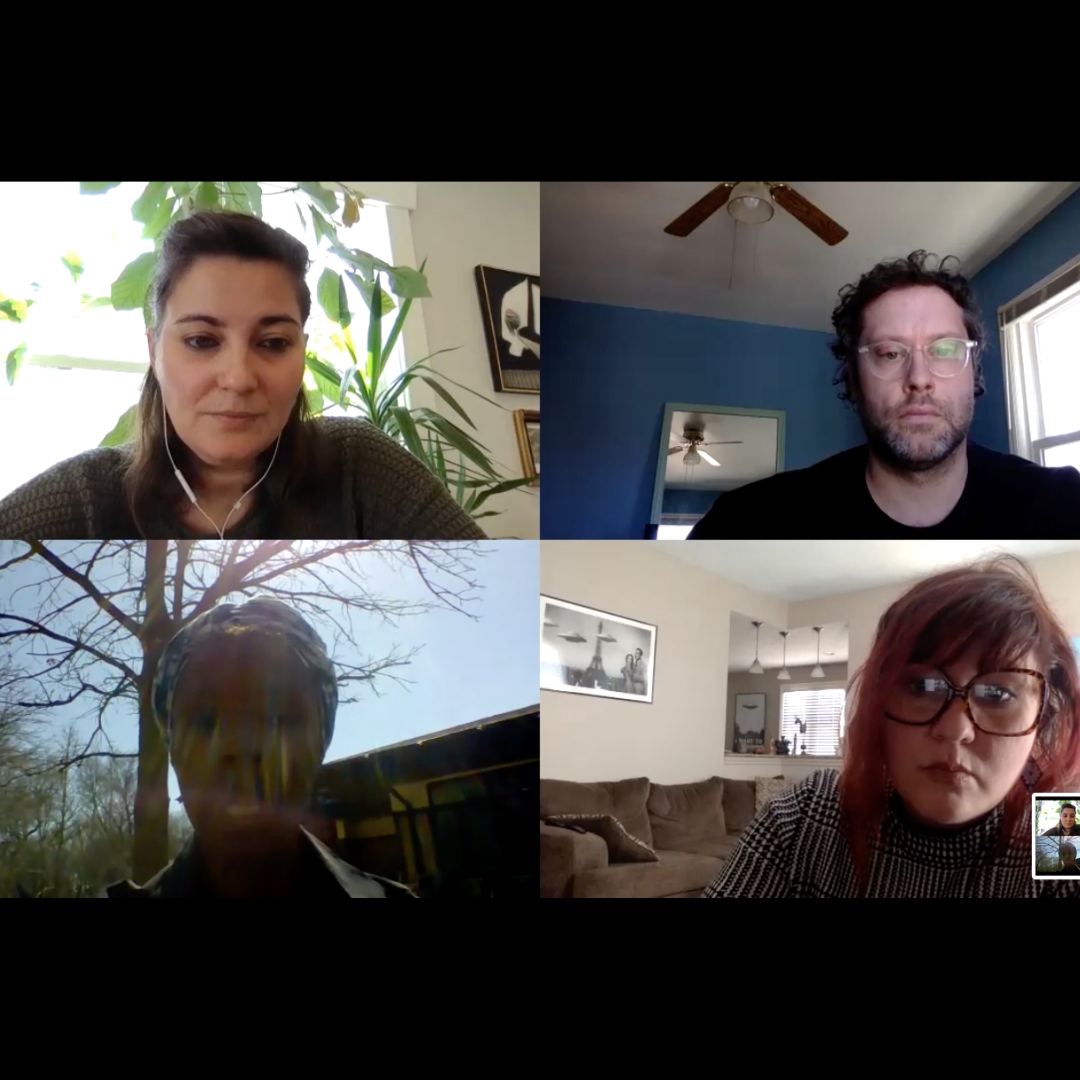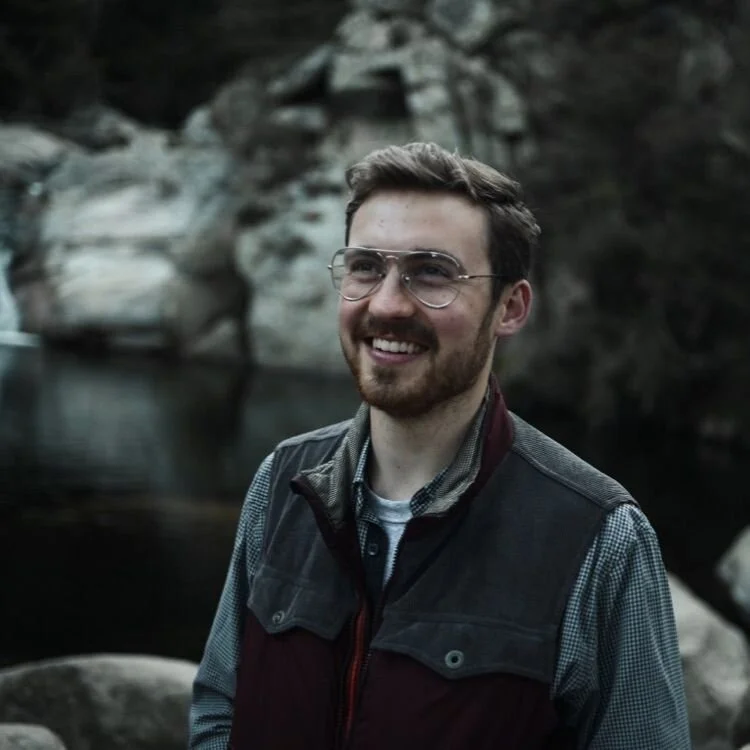“What does advocacy look like when parameters are put in place for it to fail? For one thousand, three hundred, and sixty-eight days, I watched as funding was pushed for new jails and prisons, finances that paid my salary, while aid for mental health facilities and community resources gradually got stripped away.”
Read MoreOn Thursday, August 20th, Dawaune Lamont Hayes, Mayte Aldrett, Mary Lawson, and Jordan Weber sat down for a virtual discussion about creative activist practices that respond to conditions created by environmental racism through intervention or public demonstration.
Read More“While being a direct response to environmental and social neglect, the 4MX Greenhouse structure is also representative of Black America’s demand for spatial freedom; the freedom to imagine, express, and design physical and spiritual sustainability.”
Read More“How can we start teaching people about federal Indian policy as part of their education; educating about them about the Indigenous people that are on the land they occupy; educating them that treaties are as meaningful to white people as they are to us?”
Read MoreAnchoring the conversation in an understanding of the important role rural spaces have historically played in shaping life for many in Nebraskans, our panelists unpacked what the rural can teach us about adaptation, resilience, and community.
Read More“Just think about how powerful that is. Those kids ran all the way from Standing Rock to Omaha, from Omaha to Washington DC, to take tens of thousands of signatures to the Army Corps of Engineers, the BIA, the Department of the Interior. That alone acknowledges our survival, acknowledges our cultural teachings.”
Read More“There was this really incredible unexpected difference between my experiences in the National Parks and in this trashed ravine next door. I wanted to understand why Elmwood Park meant so much more for me, was so much more transformative for my thinking on conservation and my artistic practice and my hope for the future generally.”
Read More“Pipelines are nothing new to Indian Country. They're nothing new to our communities. What we're acknowledging now, I think on a more collective level, is an understanding of the impact that these pipelines have not just on the ecological base of our lands, but on the health of our people.”
Read More“Do you know when is the best time to plant a tree? 20 years ago. Do you know the second-best time to plant a tree? Right now. Do you know the best time to organize your neighbors for mutual aid efforts? Also 20 years ago! Do you know the second-best time? Also right now!”
Read MoreOn Tuesday, April 7th, we sat down with Merica Whitehall, Carol RedWing, and Rachel Adams for a virtual discussion about moving the institutional goalpost toward carbon neutrality in Omaha.
Read MoreWe sat down recently with Paige Reitz, Deputy Director at the Union for Contemporary Art and Joey Lynch, the Union’s Director of Facilities and Sustainability to talk about the organization’s move to zero waste, the intersections of social justice and ecological justice, and collectively moving the goalpost toward carbon neutrality.
Read More“We stood side by side as a student gave a speech from the steps of St. John’s church, calling for bold climate action and reminding administration of the university’s professed values. The following day, we named ourselves the Creighton Climate Movement, and immediately began strategizing for the following semester.”
Read MoreOn Friday, January 24th, we sat down with panelists Corson Androski, Karin Campbell, and Taylor Keen to talk about how a changing climate invigorates creative practitioners’ reevaluation of social responsibility, sustainability, and limits to growth.
Read More“As much as my work is grounded in a commitment to sustainability and to raising environmental awareness, it is also rooted in radical hospitality and good old-fashioned kindness.”
Read MoreOn Friday, December 6th, we sat down with panelists Alexandra Cardon, Denise Chapman and Tyler Swian to talk about the value of cultural labor, why it's remunerated differently than other forms of labor, and strategies for collective organizing and cooperation that make employment conditions for culture workers less precarious in Omaha.
Read More
